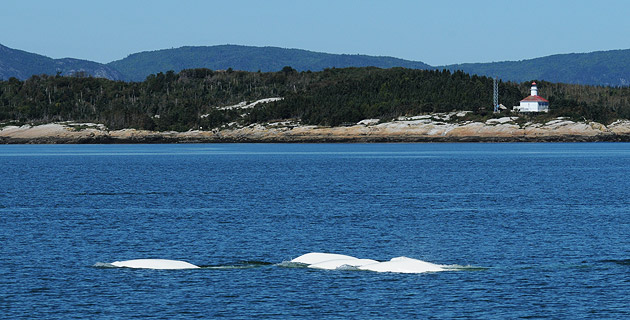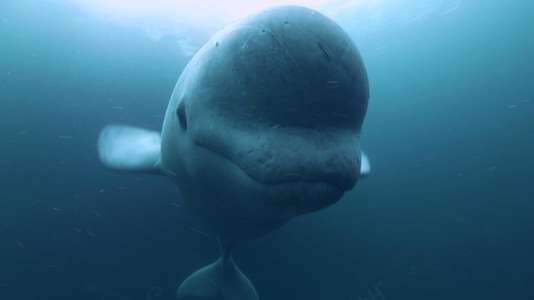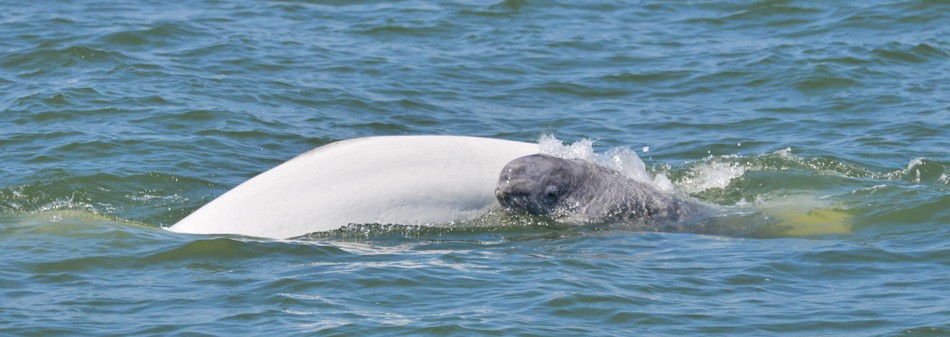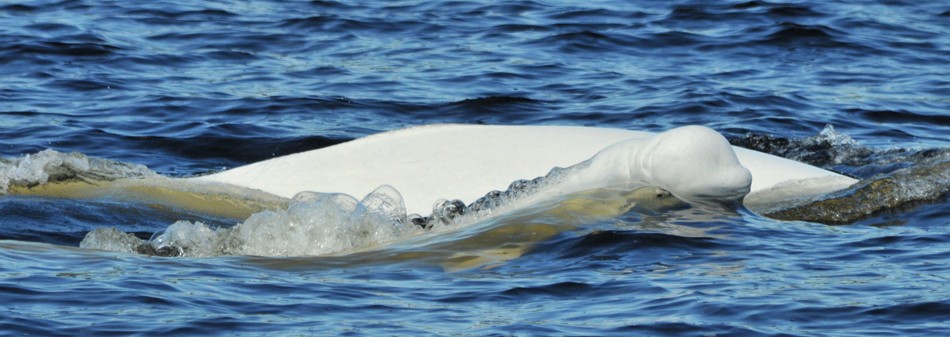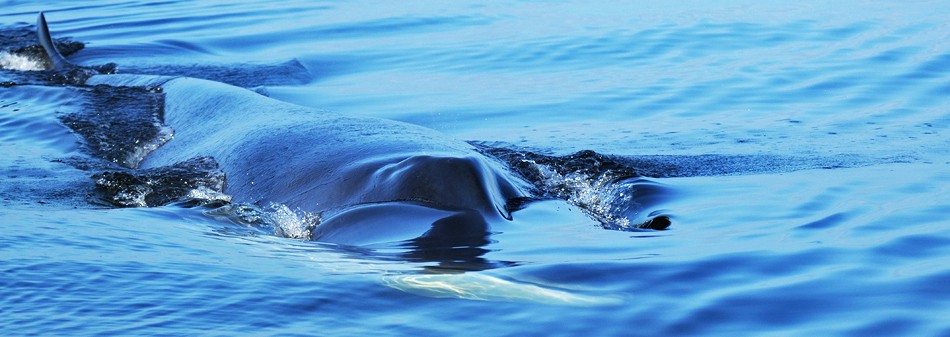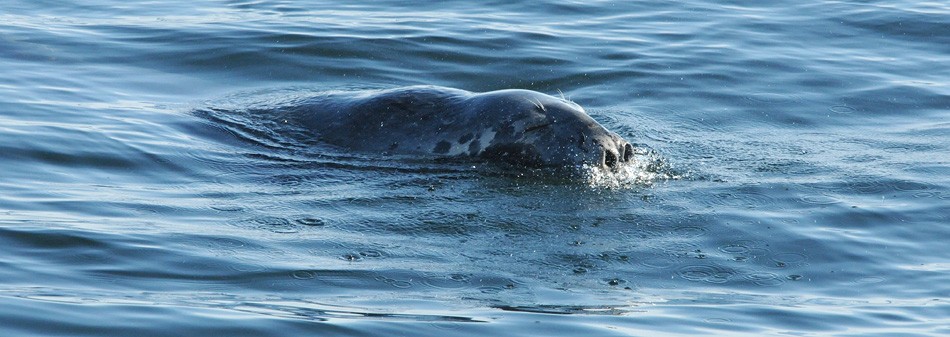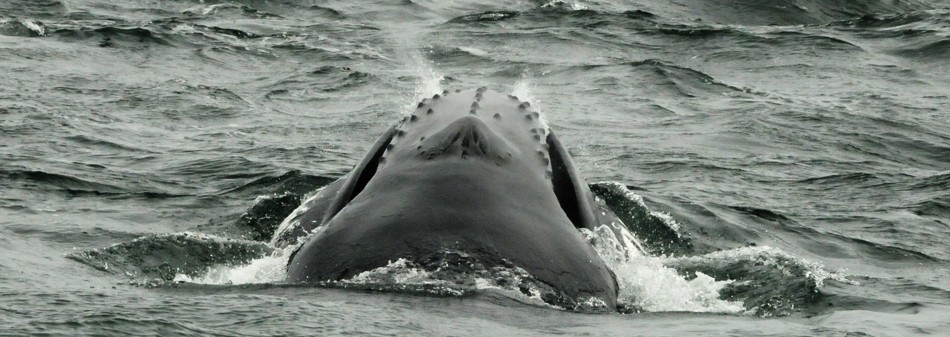JOB OPPORTUNITY
Please note that GREMM is an organization that uses French as its working language.
Stay tuned.
INTERNSHIPS
Stay tuned.
MASTER’S OR PHD STUDENTS
GREMM Scientific Director Robert Michaud regularly mentors Master’s and PhD students in collaboration with researchers from various Canadian universities. Would you like to work under Robert’s leadership? Contact him at [email protected] 418-235-4701.
HOW SHOULD ONE GO ABOUT FINDING WORK WITH WHALES?
Interest in whales and dolphins is shared by many people and competition is fierce. To increase one’s odds, one should recall that the qualities of scientist, communicator and team member are more highly sought after than simple passion or enthusiasm for these animals. It is therefore important to hone your skills. To become a whale researcher, you must:
- Have a solid background in science and a wide range of experience;
- Possess excellent writing and oral presentation skills, whether in French or in English;
- Have a good command of spoken and written English and perhaps another language such as Spanish;
- Have a post-graduate education, depending on the job being sought.
Studying whales or dolphins is a vast field and the number of universities offering specialized programs is limited. It is best to speak with an educational advisor and visit a few universities to learn more about their programs. Depending on what you are interested in, a Bachelor’s degree will suffice, or you might decide to pursue a Master’s or a PhD.
Jobs related to the world of marine mammals are diverse and can include research, laboratory techniques, training of animals in captivity, veterinary medicine, nature interpreting or popular science. It is important to learn about the workplace and to know where your interests lie in order to make an informed choice.

